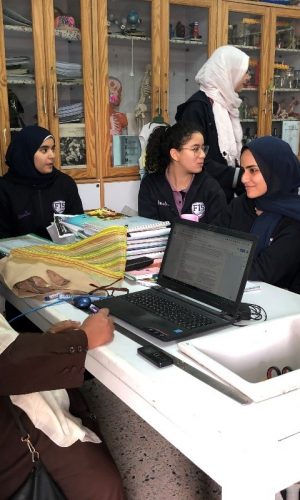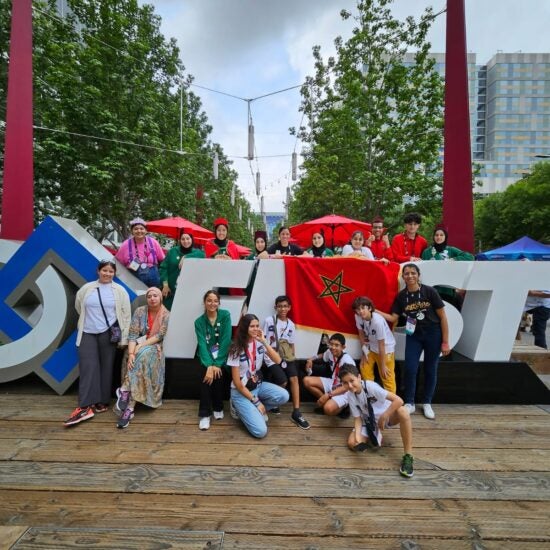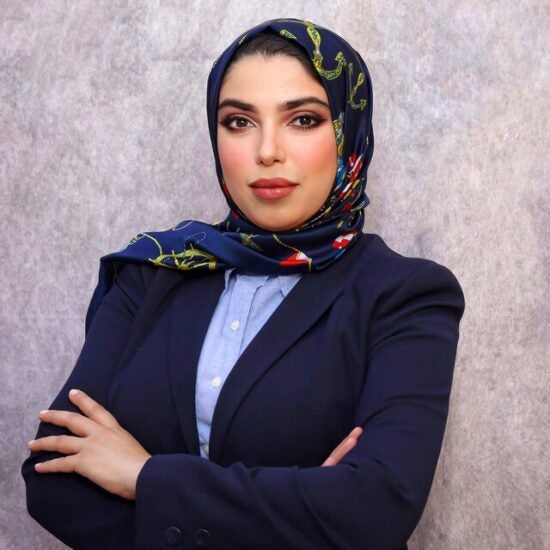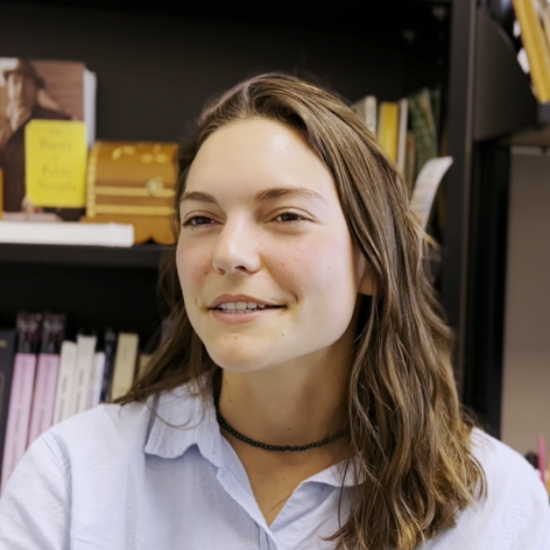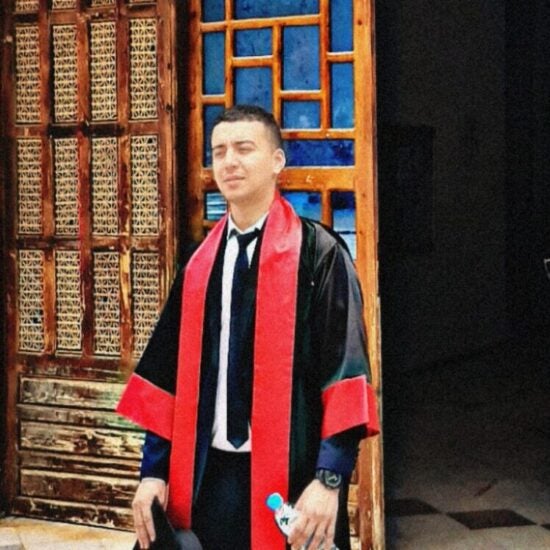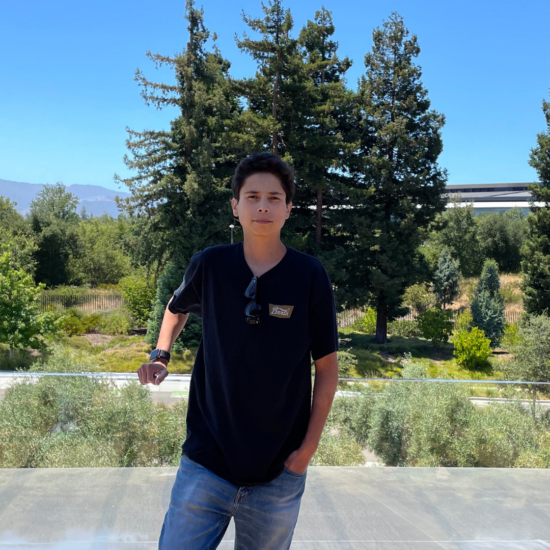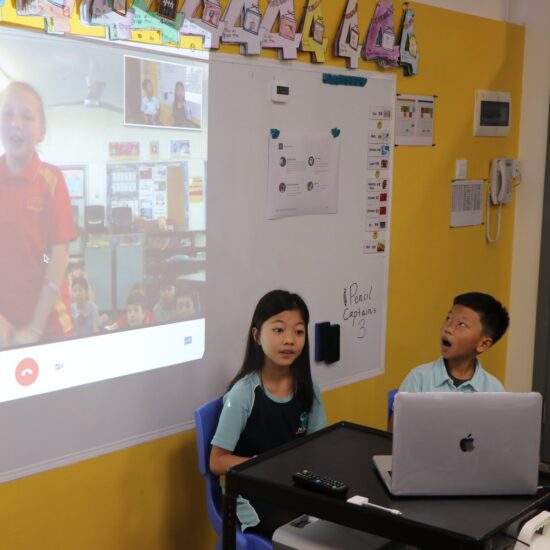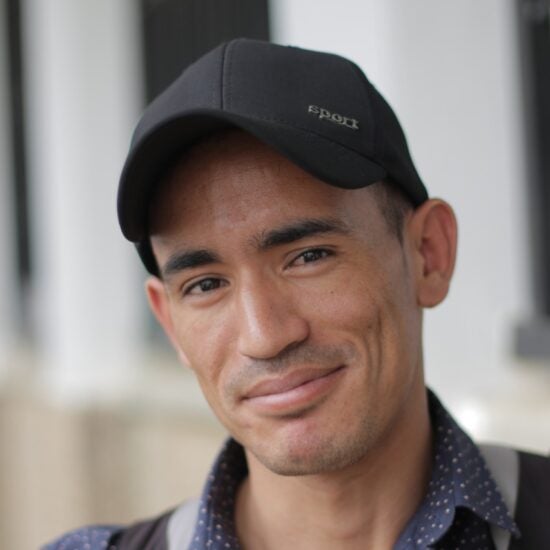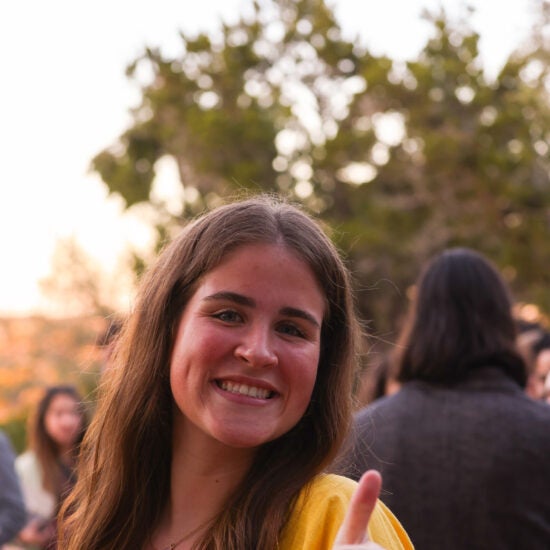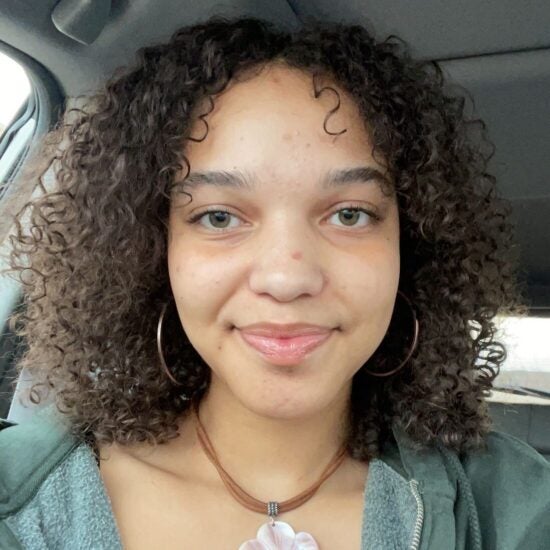In a packed classroom in Cairo, Egypt, groups of high school girls excitedly send messages to their peers in the US, answering questions from ongoing conversations on WhatsApp, Instagram, Facebook Messenger, and email. 10 hours later, students in Arizona will read what they have written, reply, and work on a shared document that is part of a larger virtual exchange project.
The students are part of the Leadership through Problem-Based Learning (LtPBL) program, funded by Stevens Initiative which is sponsored by the U.S. Department of State and administered by the Aspen Institute. Implemented by Arizona State University (ASU) Mary Lou Fulton Teachers College, the program provides opportunities for secondary school girls from Arizona and Egypt to learn about working with each other through virtual, collaborative, problem-based learning (PBL) in science. The program promotes science knowledge, cross-cultural understanding, and leadership abilities.
In the program, students work in small groups, with girls from both Arizona and Egypt. The groups complete a series of activities that are designed to combine scientific knowledge with cultural elements from the students’ lives. For example, one biology activity asks the students to discuss their homes and develop an analogy relating parts of a cell to a combined Cairo-Phoenix home. A physics activity gets students to test how much their everyday clothes and school uniforms block ultraviolet radiation from the sun.
A 10th grade student from Cairo described the program as a turning point in her life. “The communication with the girls in Arizona is an extremely amazing experience,” she said. “I understand them better, I enjoy staying in touch with them, and I love learning more about the American culture, habits, traditions, and how Americans deal with other people and how they think and live. As a result, this made me want to travel to America and deal more with Americans and other nationalities to know more about different cultures.”
Most Arizonan students were worried about language barriers and some were anxious to work with a different culture. One Arizona student stated that she did not know what to expect starting the project. She did not know what the Egyptian girls would be like. “Would we have anything in common? That was something I was nervous about.” When asked about what she thought at the end, she said, “I feel I got to know them a little bit more. I feel… like it was like a softer image – I do not know how to explain it, but it was a lot better at the end. I was not as anxious.” The time zone difference between the two locations turned out to be the biggest challenge. Most groups overcame this by relying on messaging software like WhatsApp.
Student interest and participation in the project was high. “[Students] didn’t really take much convincing,” said Nicole Mabante, the Arizona lead teacher for the project. “The moment I mentioned a different country – especially Egypt, as it’s rather unique by comparison – they were really interested. It was exciting to them, simply by the nature of being international.” When asked about what they liked about the project, Ms. Mabante said, “It adds a different dimension to a trite subject matter. It depends on how you teach it, but to a lot of students, science can be really dull. It makes it more interesting, and makes it more real.”
